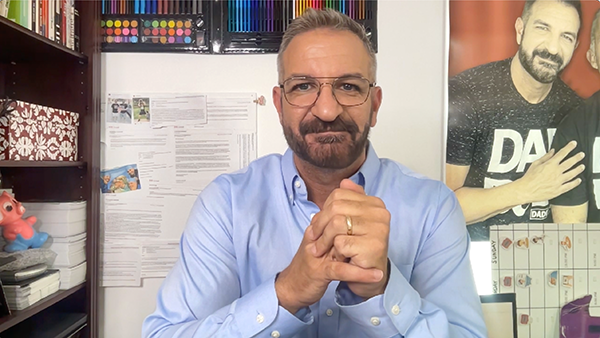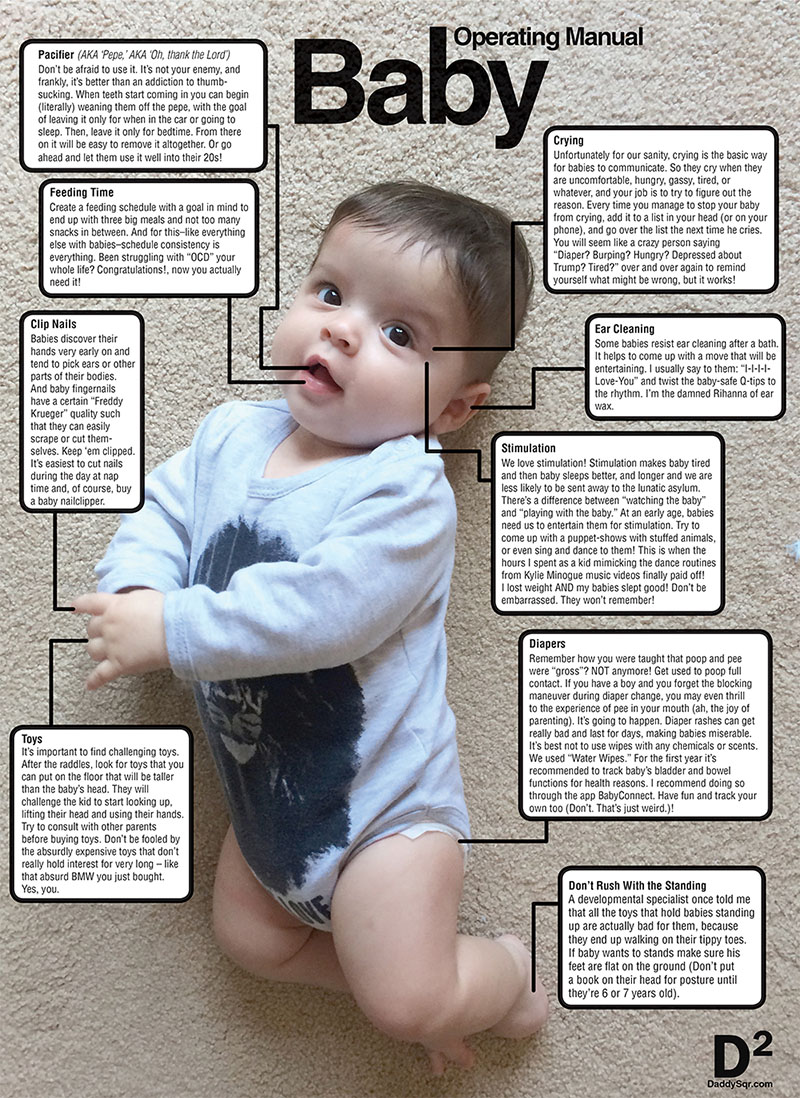Normalizing Kids’ Screen Time
Screen time for kids is always a sensitive issue in parenting. But sometimes I think we look at it all wrong; Humanity is ever-changing, and parenting should precede our evolution.
I remember sitting outside Music Class waiting for my kids on a pre-CoVID-19 weekend. I was talking to another parent and we somehow got to the issue of screen time, and she told me, “our kid has only half an hour per day to watch TV and that’s all.”
“OMG,” I thought to myself, “I’m such a terrible parent. Should I say how much TV my kids consume per day? How much iPad time they get??”
The screen time issue is so sensitive, and we’ve been revisiting it pretty much since the first episode of our podcast. I tend to feel that I’m being judged in a very harsh way for letting my kids play with their iPads for a few hours every day. I feel like I have to justify it with sentences like “we try to balance screen time and play outside” or “I use it as an education tool” (my new favorite is: “I’m trying to keep them from climbing on the walls during the quarantine.”) Here’s the harsh truth, especially during this damned virus lockdown: Were it not for iPads my husband and I wouldn’t be able to do anything but tend to the twins. Nothing. With the iPads we can get as much as an hour (usually less) like answer emails, talk to friends, make dinner. And then there’s the surprise: We are somewhat shocked at what they’ve learned by using these devices – but I’ll get to that later.
[Note: Alex agrees that iPad- and even TV-time are nowhere near the poison that so many others believe it is. But, as a computers guy, he also believes that ultimately, what computers and TV do, more than anything else, is create digital representations of physical and social scenarios and that it’s critical for kids to experience the fullest form of those interactions and experiences, as they cannot be replaced by technology.]
Face it: WE ARE OLD!
Last week I decided to look for some research made around screen time for kids to determine just how badly I’m frying my kids’ brains. Am I really destroying their lives? Are we really en route to creating two socially awkward, nerdy kids who can connect only with screens? Here’s what I found: it’s not the screens, it’s the evolution.
There’s a general tendency on the part of us older folks to distrust any new media. It happened with movies, it happened with TV, G-d knows it happened with pop music! The world is changing and computers are becoming the most important tools of modern society. Everything is computers! So why would we want to limit our kids’ opportunities to play with them? Why would we want to let them start at age 12 or 16 instead of starting early, adjusting and understanding how they work, so that their lives will be easier as they grow? Maybe their creative minds will be able to come up with a major idea that can help the human race!
To make my point on us being old, if you are one of those parents who limits your kids’ screen time because it ‘isolates’ them from society and because ‘you want them to communicate more with people, not with screens’ – if your kid was addicted to reading, if your kid was reading 4-5 hours a day, would you limit that? I’m guessing not. Even though reading a book isolates you just as much. But it’s the vibe and judgement around something new that makes it harder for us to adjust to.
Psychologists Approve
Peter Gray Ph.D., a research professor at Boston College, says that some kids go through long periods of doing what seems to us like just one thing (in our case: playing on the iPad), and we think that this is wrong because we wouldn’t choose to do that.
“Whenever we prevent our kids from playing or exploring in the ways they prefer, we place another brick in a barrier between them and us,” the professor wrote on Psychology Today. “We are saying, in essence, ‘I don’t trust you to control your own life.’ Children are suffering today not from too much computer play or too much screen time. They are suffering from too much adult control over their lives and not enough freedom.”
Gray claims that kids know, instinctively, what they must learn in order to succeed, and these lessons that they intuitively find for themselves are often times serve as better lifelong lessons than what they are being taught at school.
Normalizing Cookies
Adam’s classmate and her parents came over for a social-distance brunch on Saturday and we talked about the kids’ obsession with sugar. Except her kids aren’t. She told me she “normalized cookies” for her daughters by placing them as an option on the dinner table. Outrageous, right?! Cookies for dinner??? Except on the third day it wasn’t exciting anymore, it was just cookies. And now cookies equals eggs equals tomatoes. It’s not as exciting and unreachable as it was before.
Now get this: according to researches, kids who have TV in their room play more outside. I guess it’s kinda the same as what our friend did for her kids with the cookies. When you have it always available, after the infatuation period, you’re like ‘meh.’
Other research found that there’s no evidence for more violence among kids who play video games. In fact, these kids actually turn out less violent. And last but not least, if you think that a little iPad time will turn your kid into a friendless nerd, psychologists found that video games actually promote social interactions and friendships. Because when they play, no matter what kind a game this is, this is a hobby, and kids tend to form friendships, inside and outside of the virtual space, with other kids based on mutual interest. Actually it’s not only kids – this is how friendships form for us too.
I guess that in the end it’s just judgement. We all need to try everything and see what fits our kids best. Give our kids the opportunity to tell us what they are attracted to the most and help them develop it in a good, healthy way, instead of being the obstacle that limits them.













